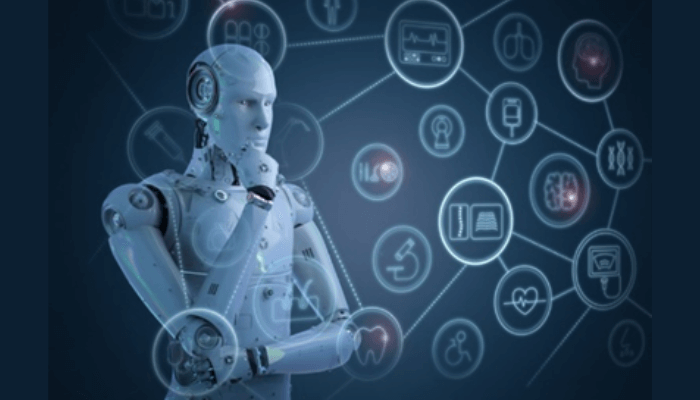A few years ago, you could spot a scam just by looking at it. Poor grammar, blurry photos, or clearly fake accounts spread the word. Not anymore, because technology has learned to deceive, and now it does so using your face and voice.
Deepfakes are digital counterfeits created with artificial intelligence (AI). They can make someone look like they said or did something they never did. AI can create a faithful duplicate of your face, movements, and voice from just a few seconds of audio or video. Tasks that once required a movie studio can now be accomplished in a matter of minutes on a standard laptop. Deepfake is simply a combination of “deep learning” and “fake”. This technology uses machine-learning models to analyze patterns of real people, such as how they smile, blink or speak, and then creates a near-perfect clone. There are both free and paid programs available that allow you to replace faces in videos or mimic voices with incredible accuracy. For cybercriminals, this capability is a dream come true.
Deepfakes are rapidly becoming a new fraud tool. Imagine receiving a voice message from a family member requesting immediate money or a video call from your manager asking you to complete the payment. Although the face and voice appear real, they are not. Criminals can now clone voices to commit phone fraud, create fake video instructions, and impersonate officials to authorize transactions. Companies around the world have lost hundreds of thousands of dollars due to AI-generated images, audio or videos.
This threat extends beyond the corporate world. Deepfakes are often used in blackmail and identity theft. Today, fraudsters can create fake images and videos of unsuspecting individuals by using images and videos from social media accounts. The goal is to intimidate the victim, keep them silent out of fear, and destroy their reputation. In a society that is still struggling with online privacy awareness, this type of extortion or blackmail can ruin people's lives long before the law catches on.
Nigeria is particularly vulnerable for several reasons. We depend extensively on social media platforms for our daily communication. Most people share content without verifying its validity. Digital literacy is minimal, and there are no clear laws defining AI-generated cloning. The Nigeria Data Protection Act (2023) protects personal data; However, it does not address artificial identities created by deepfakes. In a society where many people are already falling prey to voice-note fraud, fake chat messages and fake employment offers, this additional layer of deception is likely to make the harm worse.
Deepfakes are the next step in social engineering attacks that rely on human trust rather than system vulnerabilities. When a voice, face or video can be fabricated, the very concept of verification becomes weak. Banks and fintechs that rely on voice authentication should reevaluate their security processes. A cloned voice can now bypass identity verification faster than any password hack.
So, what should we do about it? The first line of defense is to be aware of the situation. Nigerians must learn to stop before believing or sharing what they see on social media. All videos, voice notes or phone calls must be verified as authentic before re-posting. Employers should train employees to verify financial instructions through multiple approvals rather than just video conversations or recorded communications. Families should discuss these scams, especially with elderly relatives who may believe what they hear.
Deepfakes are created using AI technology, and the same technology can also help fight back. AI is being developed to detect deepfakes by analyzing small signals in speech and activity. Journalists and social media sites can use these techniques to identify contaminated content before it spreads. Nigeria agencies involved in digital and telecommunications regulation such as the National Information Technology Development Agency (NITDA), Nigerian Communications Commission (NCC), and Nigeria Data Protection Commission (NDPC) will also need to establish clear standards for AI ethics, digital identity, and online impersonation. If we can monitor financial fraud, we can also track artificially created content.
Deepfake is not just an online deception; They are a weaponized form of creation. They demonstrate how innovation can outpace our ability to protect ourselves.
However, as with any new threat, awareness and vigilance are more effective than fear. Technology will continue to develop, we cannot stop it. How we use technology and how quickly we adapt are things we can influence. Next time you see something shocking on the Internet, make sure it's authentic before reposting, because watching no longer means believing in a future where machines can copy your voice and face.
Adesola is a cybersecurity expert with industry-recognized certifications,











